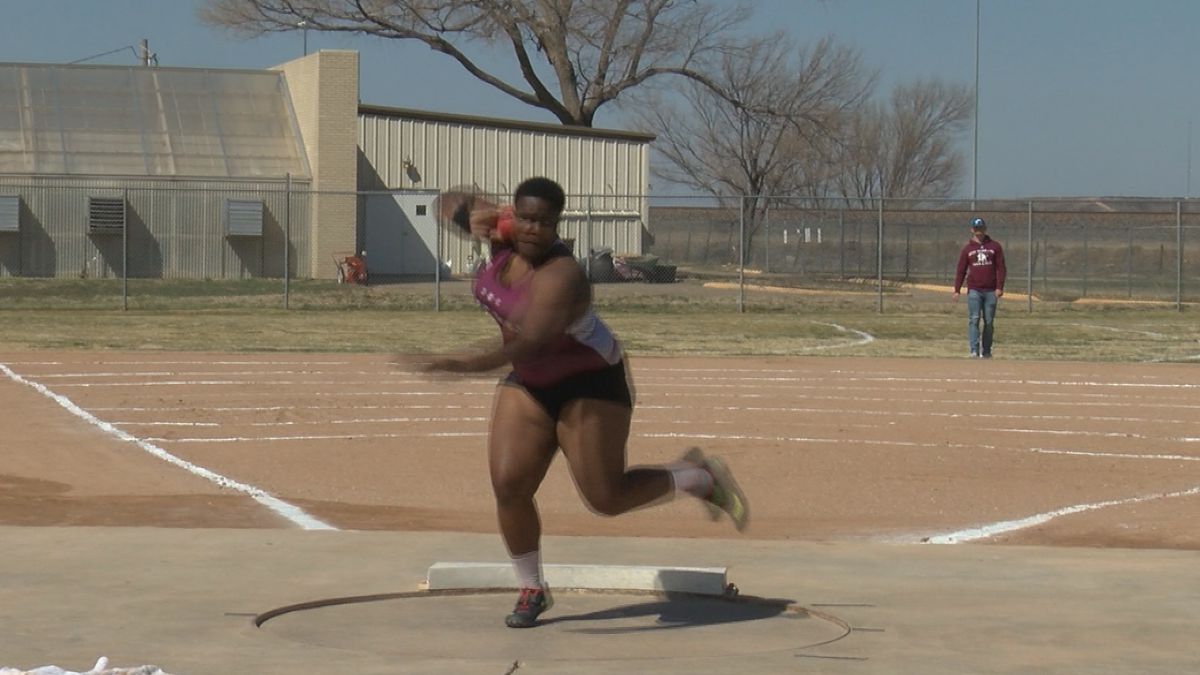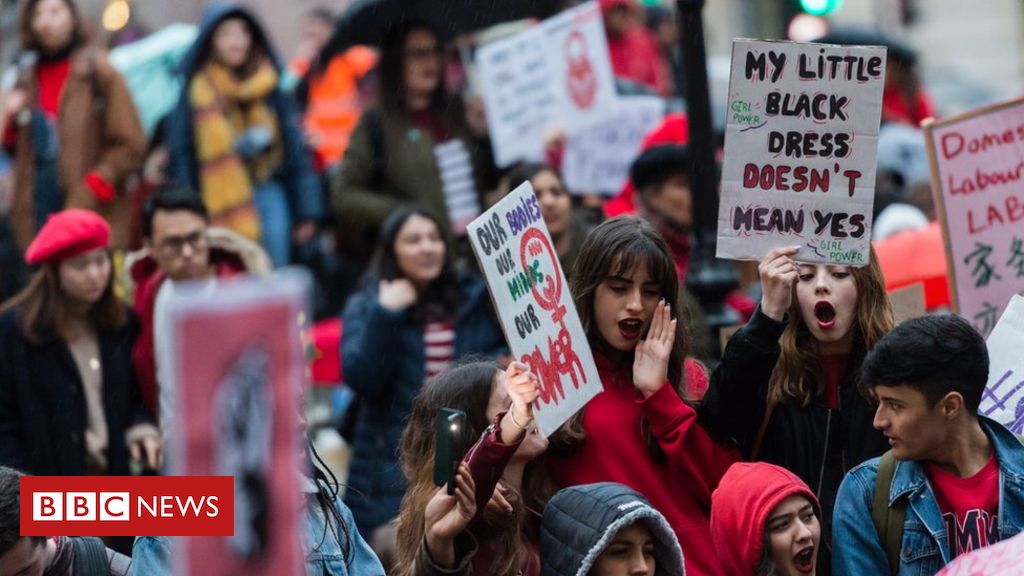Image copyright
Getty Images
Campaigners have criticised prosecutors over the failure to charge many rape cases
A review of record low rape conviction rates has found a justice system “close to breaking point” because of cuts.
The Crown Prosecution Service Inspectorate (CPSI) said a “damning” number of cases are lost during “under-resourced” police investigations.
But it rejected claims that prosecutors are unfairly selective about cases they charge.
Women’s groups said the review failed to uncover the real reasons for the “woeful” conviction rates.
Prosecutors have previously acknowledged that there were a record 58,657 allegations of rape in the year up to March, but only 1,925 successful prosecutions – the lowest number in England and Wales since records began in 2008.
It has led to accusations that the Crown Prosecution Service is being too “risk averse” and only bringing cases which are easy to win to court.
But the CPSI says fewer rape cases are being referred by police to prosecutors – a fall of 23% – and police are taking longer to investigate them.
Chief inspector Kevin McGinty said the justice system as a whole is “under-resourced so that it is close to breaking point”. For police, he said “it may have gone beyond that” and “the number of rape allegations lost in the investigative process is damning”.
To address claims that the CPS was being too selective about the cases it prosecutes, inspectors examined a sample 250 cases.
In five of these (2%), the decision was found to be “wholly unreasonable”. In 2016, the inspectors found that applied to 10% of decisions.
The inspectors said this suggested that prosecutors were improving the way they apply the test for charging or releasing suspects, rather than selecting “easy cases”.

Media playback is unsupported on your device
It comes after a series of women who say they were raped waived anonymity to complain about CPS charging decisions.
Annie Tisshaw told the BBC earlier this year that she was left “devastated” when prosecutors declined to proceed with her case after more than a year of investigation.
Police and prosecutors were criticised over their handling of a case in 2017 when a student was acquitted on 12 counts of rape and sexual assault because text messages which undermined the complainant had not been disclosed.
The inspectors said cases have become more complex due to the volume of evidence from mobile phones and social media, placing more pressure on an overstretched system.
The National Police Chiefs’ Council (NPCC) said investigators were “under huge strain” and rape is “one of the most complex crimes” they deal with.
Deputy Chief Constable Sarah Crew, the NPCC lead for adult sexual offences and rape, said police were working with prosecutors to address these issues, while the government’s promised 20,000 additional officers would “ease the pressure”.
But Sarah Green, director of the End Violence Against Women Coalition, said the report was “profoundly disappointing” and failed to uncover the real reasons for the decline in successful prosecutions.
She said it seeks to “leave many questions at the police front door”.
But she added that the number of cases which the CPS decides to bring to court has declined faster than the number of cases referred by police to prosecutors.
















